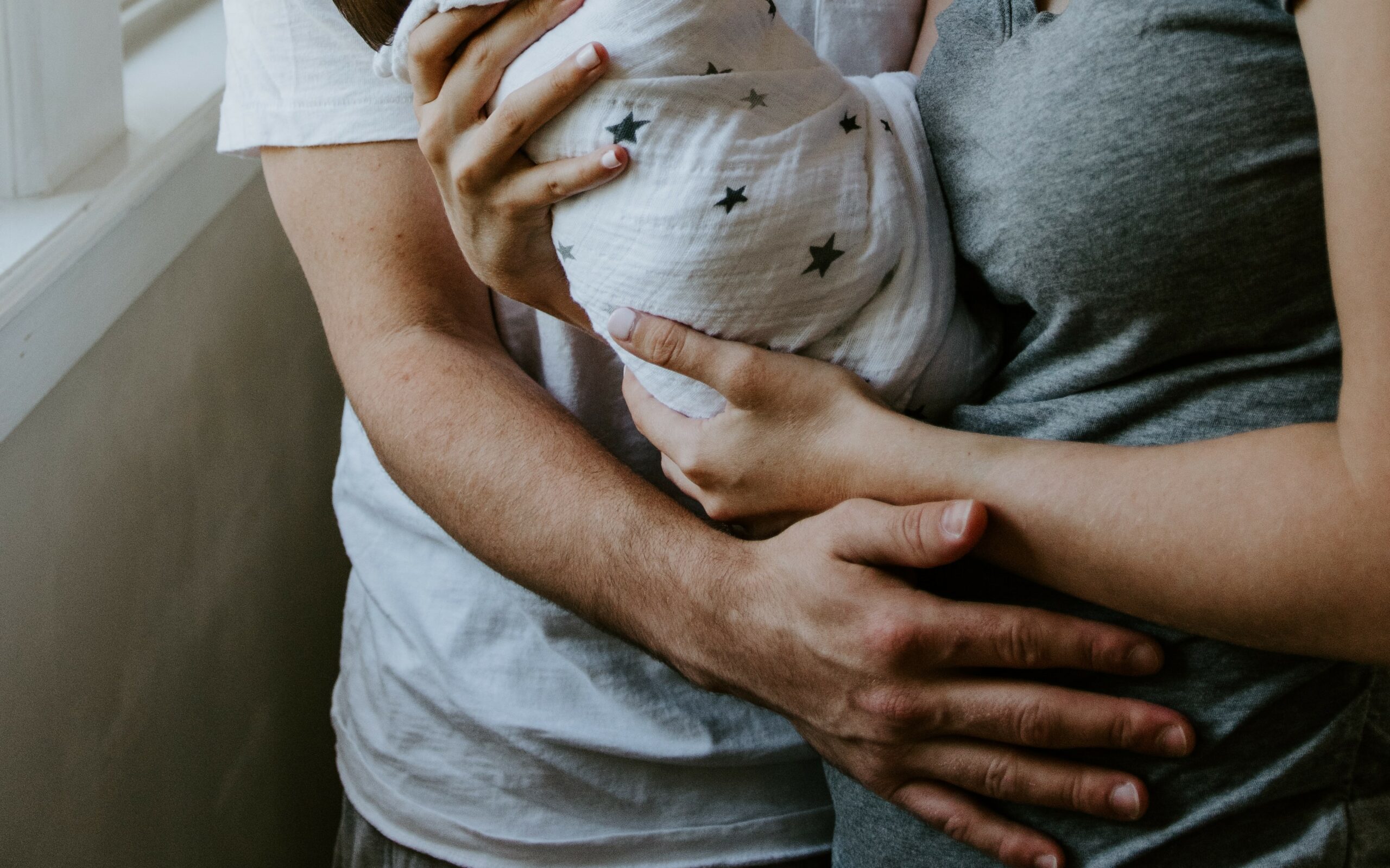As a new mom, you’re probably overjoyed to have your new baby and learning all about taking care of them. But, it’s also common to feel unsure about your body changes and how to lose the weight you gained during pregnancy. Don’t worry, many moms feel the same way!
Losing postpartum weight takes time, so don’t get discouraged if it takes a while to reach your pre-pregnancy weight. You don’t need to rush, but when you’re ready, we’ve got six helpful tips to get you started on your weight loss journey.
6 Tips for Your Postpartum Weight Loss
Losing the extra weight gained during pregnancy is crucial for your overall health and well-being, as carrying excess body fat can lead to weight-associated health problems. However, it’s important to remember that your body has undergone significant changes and needs time to heal. Losing weight after pregnancy should be a gradual process. Here are six effective tips to help you lose the baby weight.
Breastfeed
Breastfeeding offers numerous benefits for you and your baby, including postpartum weight loss. Studies have shown that nursing your baby can burn up to 500 extra calories a day, helping you shed those extra pounds.
Stay hydrated
Drinking water is essential for your health, especially after giving birth. It can help you eliminate excess fluids and increase milk production. Drinking water can also help you feel fuller for longer.

Get enough rest
Although getting enough sleep with a newborn can be challenging, rest is essential for your body to heal and plays a role in weight loss. Even a nap here and there can help your body recover.
Avoid crash dieting
Instead of crash dieting, opt for a healthy eating plan that includes whole-ingredient foods, fresh fruits, vegetables, complex carbs, and nutritious proteins. These foods will provide you with the nutrients you need and keep you feeling full for longer.
Try intermittent fasting
Intermittent fasting is a lifestyle where you eat within a specific time frame and fast the rest of the time. It can reduce inflammation, lower blood sugar and cholesterol, and help with cellular repair. If you’re breastfeeding, it’s crucial to eat enough nutrients to produce enough milk for your newborn.

Try light exercise
Customizing exercises based on how you gave birth is crucial. Keep it low impact, such as going for walks, doing Kegels and other pelvic floor strengthening exercises, or working on upper body strength. Remember to be gentle with yourself and listen to your body’s needs.
Remember, your body is recovering, and losing weight after pregnancy takes time. Be kind to yourself, and always consult your doctor if you have any questions or concerns. Focus on your health and well-being so that you can provide the best care for your newborn.
Consider eating habits
During pregnancy, you may have altered your dietary habits to support the growth and development of your baby. However, even after pregnancy, it is crucial to maintain proper nutrition, particularly if you are breastfeeding. Selecting nutritious options can facilitate healthy postpartum weight loss.
Emphasize fruits, vegetables, whole grains, and monounsaturated fats in your diet. High-fiber foods such as fruits, vegetables, nuts, and whole grains can provide essential nutrients while keeping you feeling full for longer periods.
Consume smaller portions to help with weight loss and maintenance over time. Avoid skipping meals or decreasing your intake of fruits and vegetables since this may cause you to miss out on crucial nutrients.
To avoid temptation, surround yourself with healthy food options. If unhealthy snacks are too tempting, don’t keep them in the house.
Avoid seeking quick fixes because there is no “miracle” solution for weight loss.



